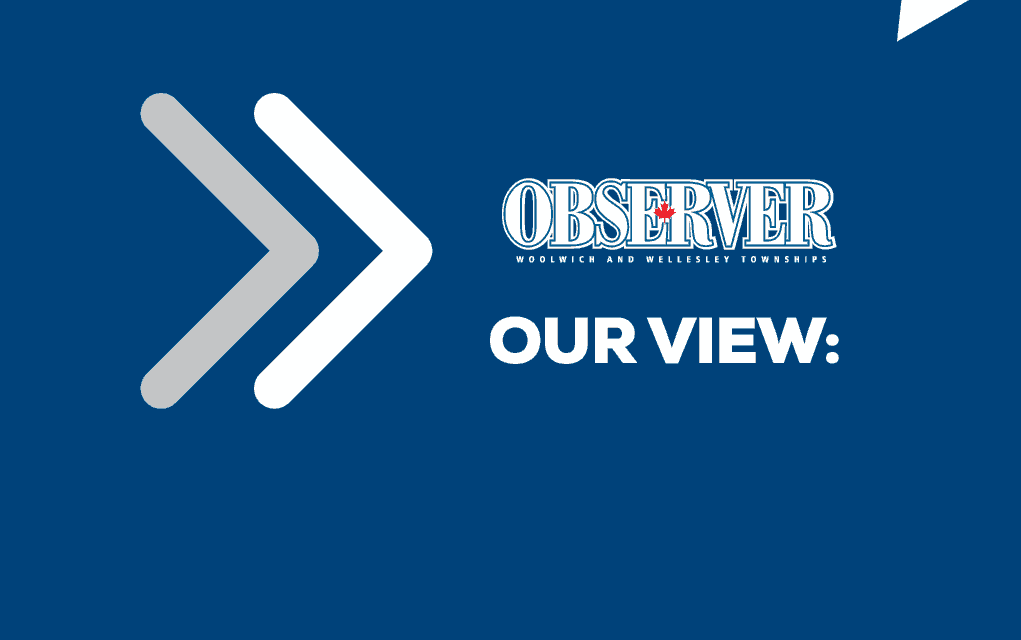;
;
;
Next Article
Poor roads are more than just annoying to drivers

The story of the fox and the henhouse is supposed to be a cautionary tale. Unfortunately, it’s been taken as a roadmap for government regulation. The latest example of that perilous course is the worst-case scenario: fatal airplane crashes, namely last fall’s Lion Air incident that claimed 189 lives
Last updated on May 03, 23
Posted on Mar 21, 19
4 min read
